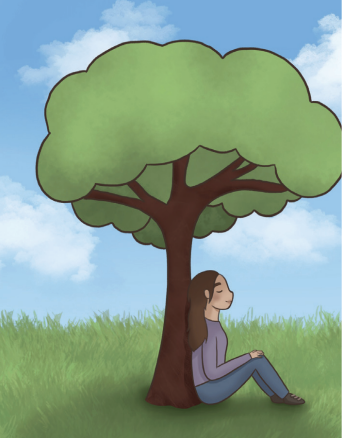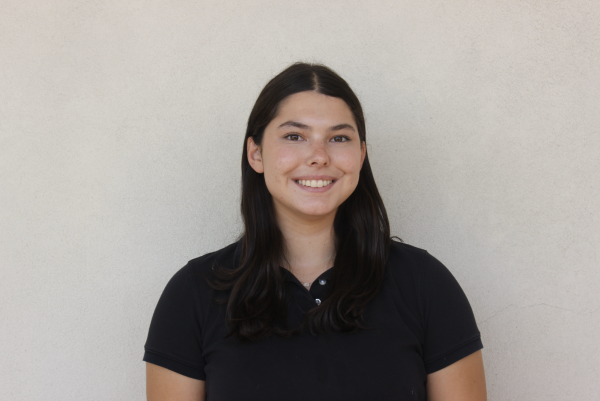What’s your name? Where are you from? All of us have automated responses to these questions that we spew out monotonously to every new person we meet. These interactions do not help you get to know people. I think the best way to meet new people and form deeper connections is not the pro forma “How are you?” but rather unique inquiries that require more thoughtful responses, frequently referred to as “icebreakers.”
Some may think icebreakers are a useless waste of time or are unnecessary, but I am a huge fan of these open-ended questions because they show someone’s passions and personality. For those who may be hesitant to engage in one of these conversations because they are nervous to introduce themselves to others, going around in a circle eliminates the need to work up the courage to acquaint oneself with new people.
Specifically, each day at the beginning of my English class we go around and answer a check-in question. Whether it is extremely random or about what we did over the weekend, my peers’ answers spark conversations after class and strengthen bonds and a stronger community. Taking five minutes out of our hectic, work-heavy days to talk helps us foster community rather than energize toxic competition.
A study conducted by the International Journal of Social Service and Research measured high school students’ engagement and participation in classes that incorporated and did not incorporate icebreakers. Over the course of the semester, they found that the group in the class that incorporated icebreakers reported significantly more improvement in their engagement and participation scores. A student who participated in the study noted how icebreakers helped develop a bond in their class.
“I feel like we all got to know each other better, and it made us more comfortable working together in groups and participating in class discussions,” the student said.
Common interests found through icebreakers can also form genuine connections in a large group of new people. Icebreakers have allowed me to build connections through lacrosse, and I have met hundreds of girls my age at various camps and clinics. I have often been put into groups with unfamiliar faces, but many of the long-term friendships I have made in these situations can be traced back to a simple icebreaker.
These icebreakers make it so that the conversation doesn’t end at “What school do you go to?” but rather turns into a hilarious banter that allows people to open up, just by stating their opinion.
In our small Marlborough community, it can be daunting to begin conversing with others who you see daily but never talk to. This year, I have many classmates in other grades and fewer classes with those I have had classes with in previous years, so icebreakers and check-in questions have aided the development of stronger bonds with my peers. Without check-in questions sparking laughter or icebreakers that help me get to know others, I would not have formed some of the friendships I have today.






